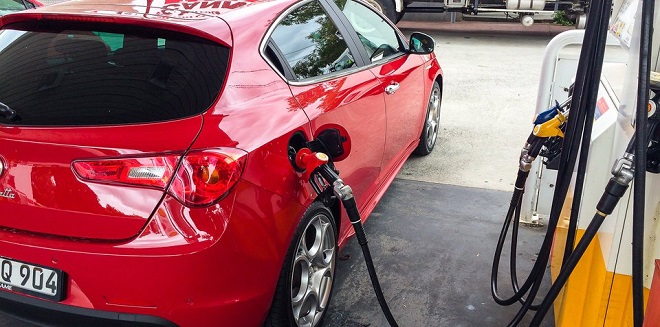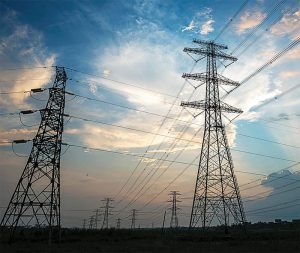China is gearing up to ban petrol and diesel cars, a move that would boost electric vehicles and shake up the world’s biggest car market in a country that is plagued by pollution.
The plan would follow decisions by France and Britain to outlaw the sale of such cars and vans from 2040 to clamp down on harmful emissions.
The government did not give a date for the ban, but the announcement drove up the shares of automakers and lithium battery makers in Asia, with Chinese electric car leader BYD closing 4.07 percent up in Shenzhen and Toyota up 1.22 percent in Tokyo.
Xin Guobin, vice minister of industry and information technology, told a weekend forum in the northern city of Tianjin that his ministry has started “relevant research” and is working on a timetable for China.
“These measures will promote profound changes in the environment and give momentum to China’s auto industry development,” Xin said in remarks broadcast by CCTV state television.
But Bill Russo, managing director of Gao Feng Advisory Group, said the move bodes well for Chinese automakers who are already able to compete with foreign car companies when it comes to making electric vehicles.
He added: “If China says no more ICE (internal combustion engines), the rest of the world will follow because the rest of the world can’t lose China’s market. It’s too big.”
China produced and sold more than 28 million vehicles last year, according to the International Organization of Motor Vehicle Manufacturers.
The sale of new-energy vehicles topped 500,000 in the world’s second largest economy in 2016 — over 50 percent more than the previous year, according to national industry figures. The majority were made by Chinese firms.
The government introduced draft regulations this June compelling automakers to produce more electrically-powered vehicles by 2020 through a complex quota system.
As the measure looms, foreign automakers have announced plans to boost the production of electric cars in China.
Market leader Volkswagen sold a few hundred “green” cars among the four million vehicles it sold in China in 2016, but the German manufacturer plans to sell around 400,000 new-energy vehicles in the country by 2020 and 1.5 million by 2025.
Volvo will introduce its first 100-percent electric car in China in 2019.
Ford envisages that 70 percent of all Ford cars available in China will have electric options by 2025. It is establishing a joint venture with China’s Zotye Automobile to make and sell all-electric vehicles.
French carmaker Renault, which started producing cars in China last year, will roll out two new-energy vehicles in the country — a sedan and small SUV — in 2018 and 2019, said Florence de Golfiem, its communications vice president for China.








